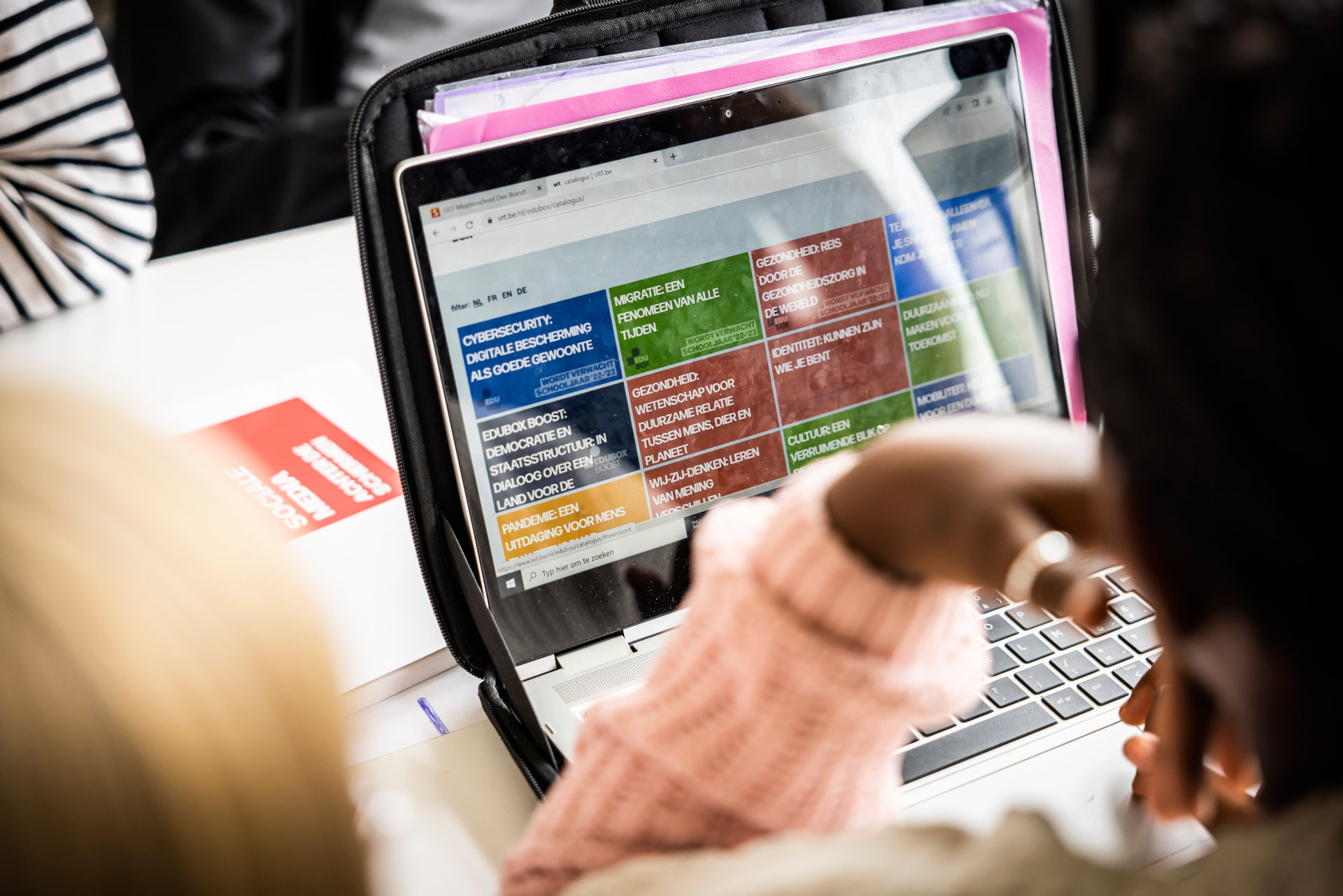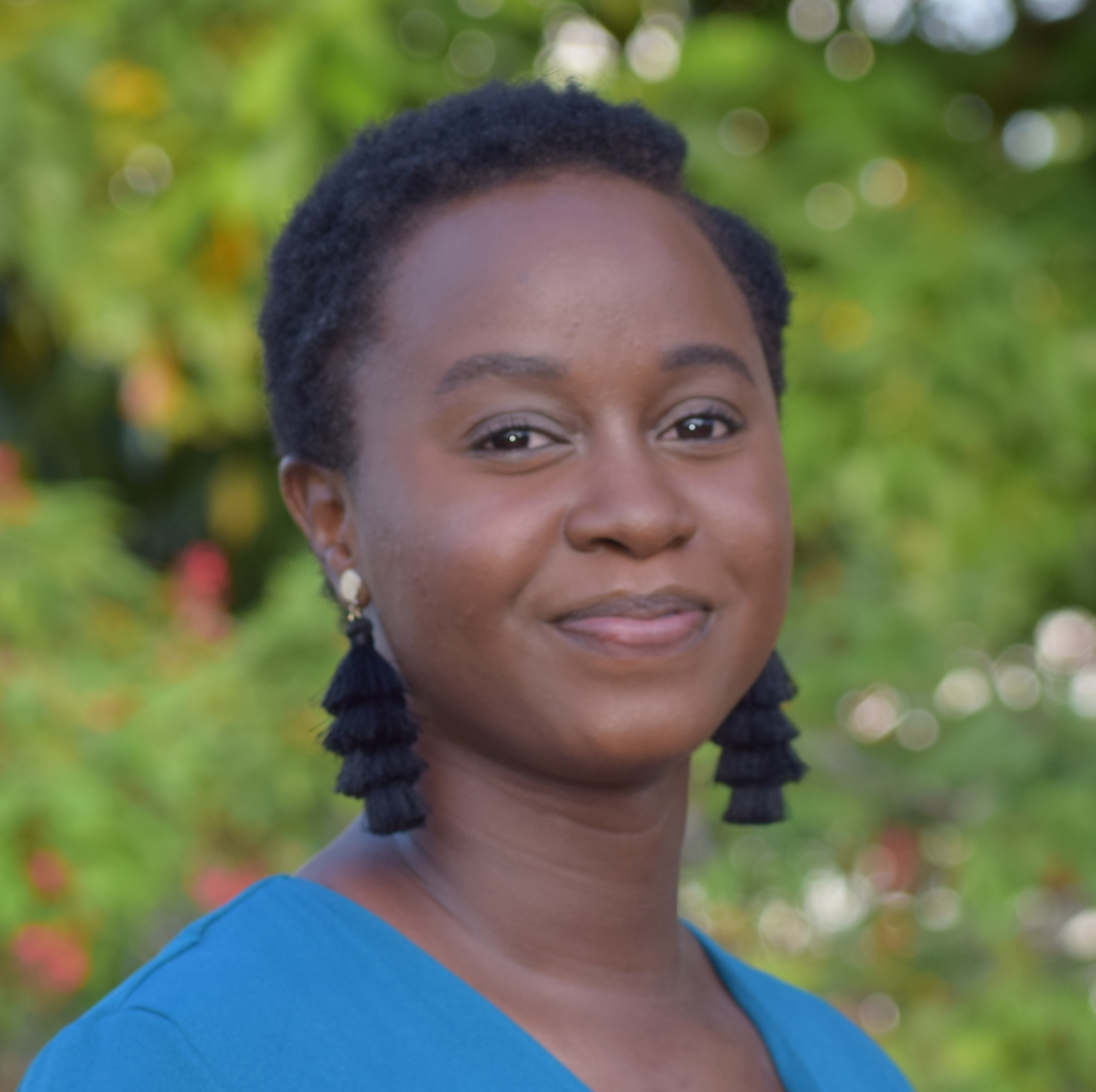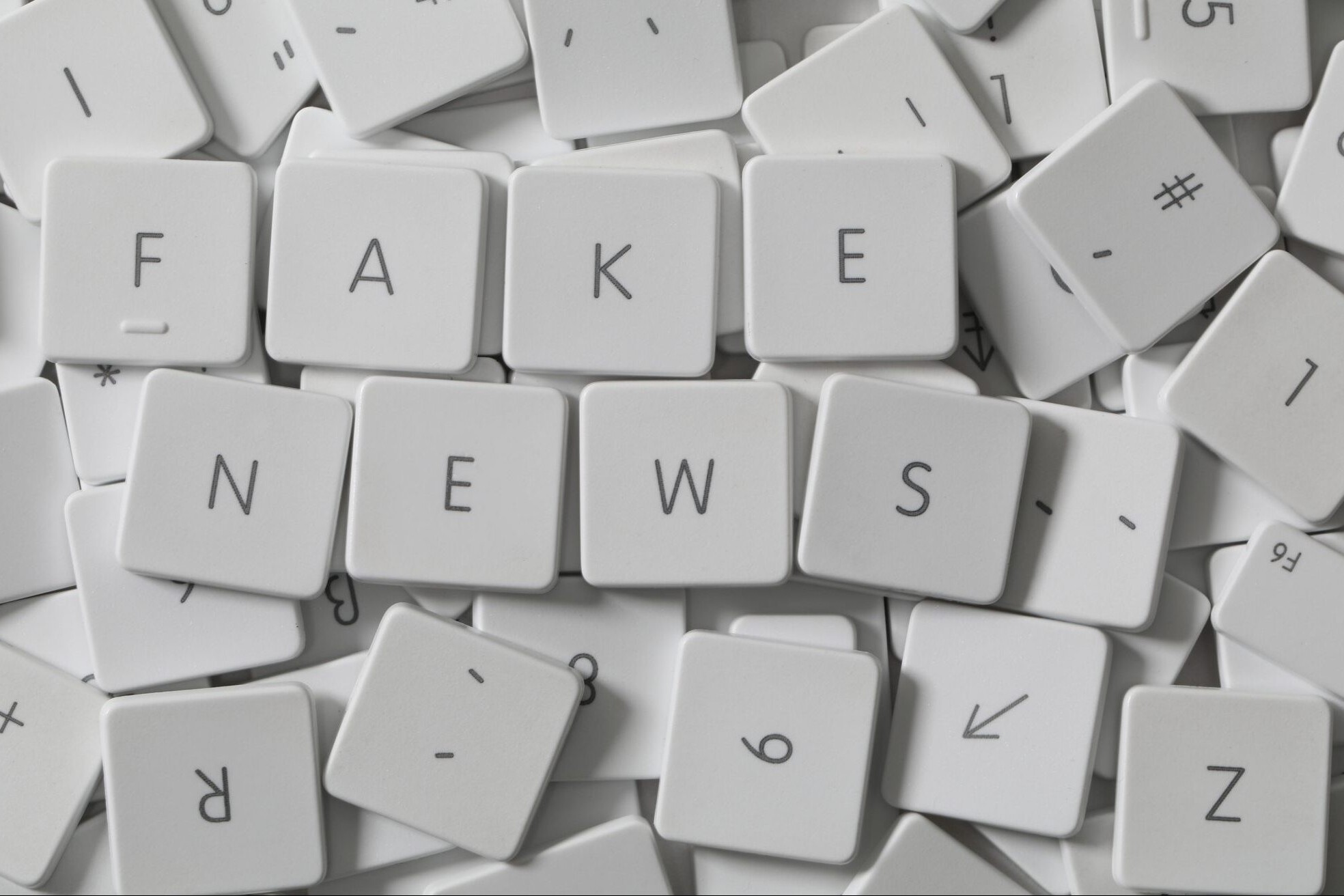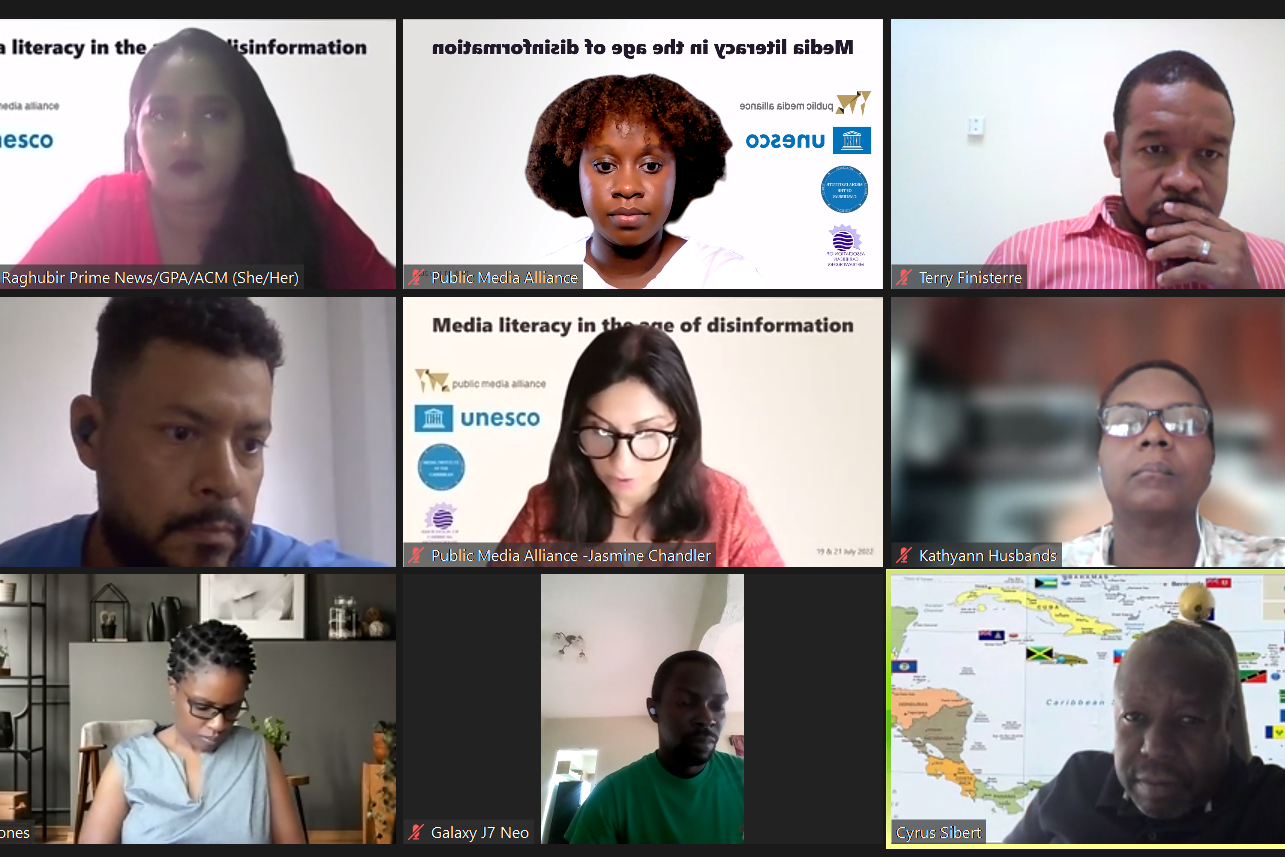INSIGHT | BEHIND THE SCENES
Developing a library of media literacy resources for Caribbean educators and journalists
29th April 2024
PMA’s media literacy project in the Caribbean is underway, and we’re working hard on developing a digital library of resources for educators and journalists. In this Insight report, we explore the process and progress to date.

By Desilon Daniels, Project & Advocacy Coordinator, PMA
UPDATE: The digital library is live now! You can access it here.
In case you missed it, the Public Media Alliance (PMA) is developing a media and information literacy (MIL) project in the Caribbean, aimed at empowering schoolchildren, educators, and journalists. The project – “Building the Caribbean’s Next Generation of Media Literate Citizens” – targets stakeholders in Barbados, Guyana, Jamaica, and Trinidad & Tobago.
With support from the UNESCO Cluster Office for the Caribbean, UNESCO’s International Programme for the Development of Communication (IPDC), and our regional partners and members, PMA will develop a digital library of media literacy resources, host capacity-building workshops for educators and journalists, engage regional stakeholders, and organise in-country activities for up to 400 schoolchildren.
How crucial media literacy is in today’s digital age cannot be overstated. Our access to multiplatform media is at an all-time high, and we have countless ways of staying entertained, informed, and connected. But this access brings dangers, including the proliferation and amplification of mis- and disinformation on digital platforms.
Citizens must be able to critically evaluate and navigate media content, not just for their own benefit but for their essential role as informed decision-makers in society and democracy. We at the Public Media Alliance have recognised this urgency, and we’ve set out to develop a digital library of media literacy resources that holds significant promise for educators and journalists across the Caribbean.
At the heart of our project lies the understanding that media literacy skills – particularly news literacy and digital literacy – are needed to discern credible information sources and engage critically with media content. But beyond that, the project recognises that media literacy skills must be cultivated collaboratively by stakeholders equipped with these skills themselves.
In our 2022 MIL research project, almost all of our researchers highlighted the need for the Caribbean to cultivate the “next generation of media literate citizens”. They called for the integration of media and information literacy into school curriculums, across all levels of the system. Building on that recommendation – and recognising the Caribbean’s struggles with limited investment in media literacy initiatives, rising levels of mis- and disinformation, declining trust in news media and a growing number of attacks against journalists – we set out to create a project that would empower educators and journalists as central stakeholders in the media literacy ecosystem.
The first step in the project’s chain of events is the digital library, which will act as a toolkit and launchpad for the workshop elements of the project. Educators and journalists will be the primary focus of this stage due to their pivotal roles in empowering others and ensuring the sustainability of the project. However, it’s worth noting that journalists, despite their central role as media literacy partners, often lack access to capacity-building initiatives, representing a critical gap in the media literacy ecosystem.
At the heart of our project lies the understanding that media literacy skills – particularly news literacy and digital literacy – are needed to discern credible information sources and engage critically with media content.
By equipping educators and journalists with the necessary resources and skills, the digital library aims to empower them to effectively engage with media literacy education and promote informed decision-making among their respective audiences. This initiative not only addresses immediate challenges but also lays the groundwork for a more media-literate and resilient society in the Caribbean.
The library will be a repository of global MIL resources that already exist. Similar to our previous toolkits (such as our digital investigative journalism toolkit and our crisis reporting toolkit), the digital library will direct users to resources that highlight best MIL practices and enhance their news literacy skills.
The progress we’ve made so far in developing the digital library has been substantial: we’ve secured over 75 resources from more than 20 reputable organisations, and these resources cover a wide array of topics crucial to media literacy, from critical thinking to digital citizenship. Simultaneously, work on the platform interface has commenced, and we aim to create a user-friendly and accessible space for educators and journalists. Expert videos – created especially for this project and geared at guiding educators and journalists through the process of developing their own media literacy approaches – are also in production; these cover vital subjects such as evaluating media literacy projects and effective teaching methods.
The toolkit is scheduled for a live launch at the end of May 2024 and will continuously evolve with periodic updates, ensuring its relevance and responsiveness to the needs of stakeholders.
But beyond the regularly updated repository, the digital library will go a step beyond and include “featured resources” and an expert videos section.
Subscribe toour newsletter
Keep updated with the latest public
media news from around the world
Featured resources
The library will not only provide a comprehensive list of resources, but it will also boast a smaller, more curated “Featured Resources” section. These resources were explicitly approved by reputable organisations for inclusion and come highly recommended by the PMA team. You can expect a diverse range of organisations, each selected for their expertise and contributions to media literacy education.
But why did we include a featured resources section? The idea stemmed from our recognition of the constraints faced by educators and journalists, who often juggle demanding schedules and competing priorities. Having access to a repository of resources is valuable but not always feasible, and we understand that time constraints may limit the depth of exploration. As a solution, our curated featured resources serve as a starting point for individuals with limited time. These resources are handpicked to offer essential insights and guidance, ensuring that even amidst busy schedules users can access fundamental knowledge and skills.
From renowned public broadcasters like ABC Education and BBC Teach to international bodies such as UNESCO and IREX, these organisations offer high-quality globally relevant resources that enrich the digital library and benefits educators and journalists. Meanwhile, regulatory bodies like Ofcom and innovative platforms like NewsGuard also provide valuable perspectives on media literacy design and source evaluation. In essence, the featured resources serve as a beacon, signalling, “If you can’t delve deeply, start here.”
Curious about some of the featured resources? Here’s a peek at what you can expect ↓
ABC Education’s suite of media literacy resources
Ideal for both educators and journalists
ABC Education’s Media Literacy page offers a wealth of resources covering various aspects of media literacy. From interactive activities like Bias Busters and Spotting Online Misinformation to guides on statistical literacy and ethical responsibilities of journalists, this comprehensive resource equips users with the tools to critically evaluate media content. This page serves as a valuable resource for educators and journalists alike seeking to enhance their media literacy competencies, with topics ranging from news reporting to bias identification. PMA’s digital library will spotlight 13 of ABC Education’s resources.
Check out ABC Education’s Media Literacy Page
Ofcom’s toolkit for evaluating media literacy interventions
Ideal for both educators and journalists
Ofcom’s Evaluation Toolkit, released as part of its Media Literacy Strategy, provides comprehensive guidance for assessing the effectiveness of media literacy initiatives. With how-to guides for planning and executing evaluations, it empowers providers to measure their impact and refine future efforts.
Check out Ofcom’s Evaluation Toolkit
BBC Teach & BBC Bitesize
Ideal for educators
BBC Teach & BBC Bitesize provide engaging resources designed specifically for those who’d like to introduce students to main media literacy concepts. From thought-provoking videos challenging perceptions about social media to interactive games helping students understand the impact of misinformation, these resources foster critical thinking skills in students. Users can explore downloadable lessons, activities, and creative production skills to enhance media literacy education in the classroom.
Discover news and media literacy resources from BBC Teach & BBC Bitesize
@bbcbitesize Is this video of #ScarlettJohansson real or AI? Head to the #OtherSideOfTheStory website for more! #AI #AIOrReal #Deepfake #AIArt ♬ original sound – BBC Bitesize
DW Akademie’s Media Literacy Page
Ideal for educators and journalists
DW Akademie’s Media Literacy page offers innovative resources tailored for both educators and journalists. The MIL Heroes and Villains guidebook utilises storytelling to make media literacy concepts memorable and relevant, while the Media and Information Literacy for Youth online training provides practical tips for teaching MIL effectively in an online environment. These resources empower educators and journalists to foster media literacy skills among their audiences, contributing to a more informed and resilient society.
Explore media & information literacy resources from DW Akademie
As we wrap up this insight into the development of our digital library for media literacy resources, it’s essential to note that this is just the beginning of our media literacy project in the Caribbean. There are still many exciting elements on the horizon beyond May, and in the weeks and months to come you can look forward to updates on our other activities – such as the capacity-building workshops, in-country activities, and consultations – as well as insights from our partners and members. Stay tuned as we continue to advance towards our goal of fostering a media-literate Caribbean community.
In the meantime, do you have a media literacy resource you’d like to be included in our digital library? Send us an email at info@publicmediaalliance.org.

About the author
Desilon Daniels is the Project & Advocacy Coordinator at the Public Media Alliance.
Related Posts
9th January 2024
New PMA project: Building the Caribbean’s next generation of media literate citizens
PMA's new media and information…
9th December 2022
OUT NOW | Caribbean mis- and disinformation Situation Report
Greater media literacy needed to…
2nd November 2022
Caribbean media and information literacy and disinformation action plan launched
PMA's Caribbean media and information…
26th July 2022
Caribbean disinformation workshop sees successful conclusion
Our two-day virtual disinformation and…



